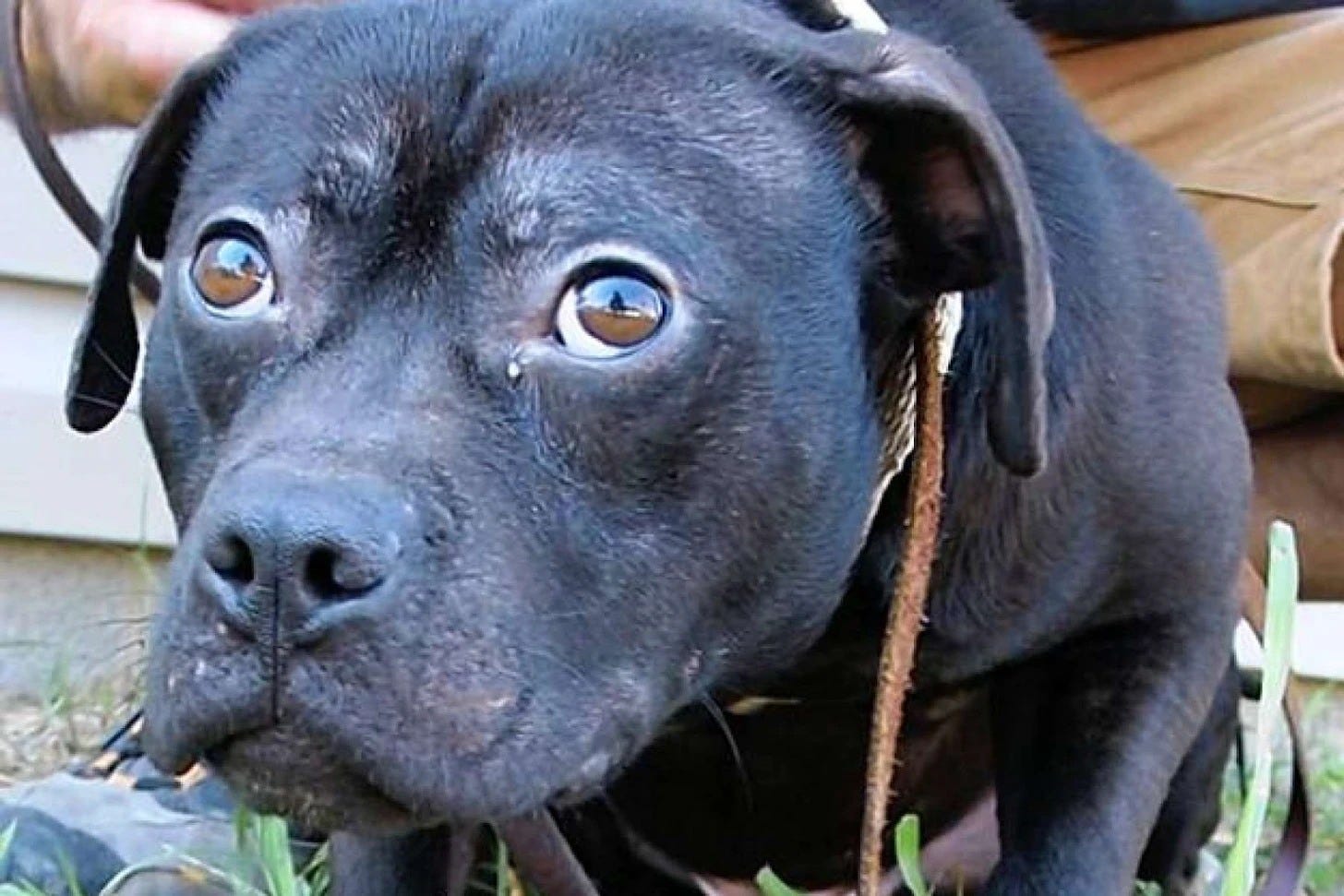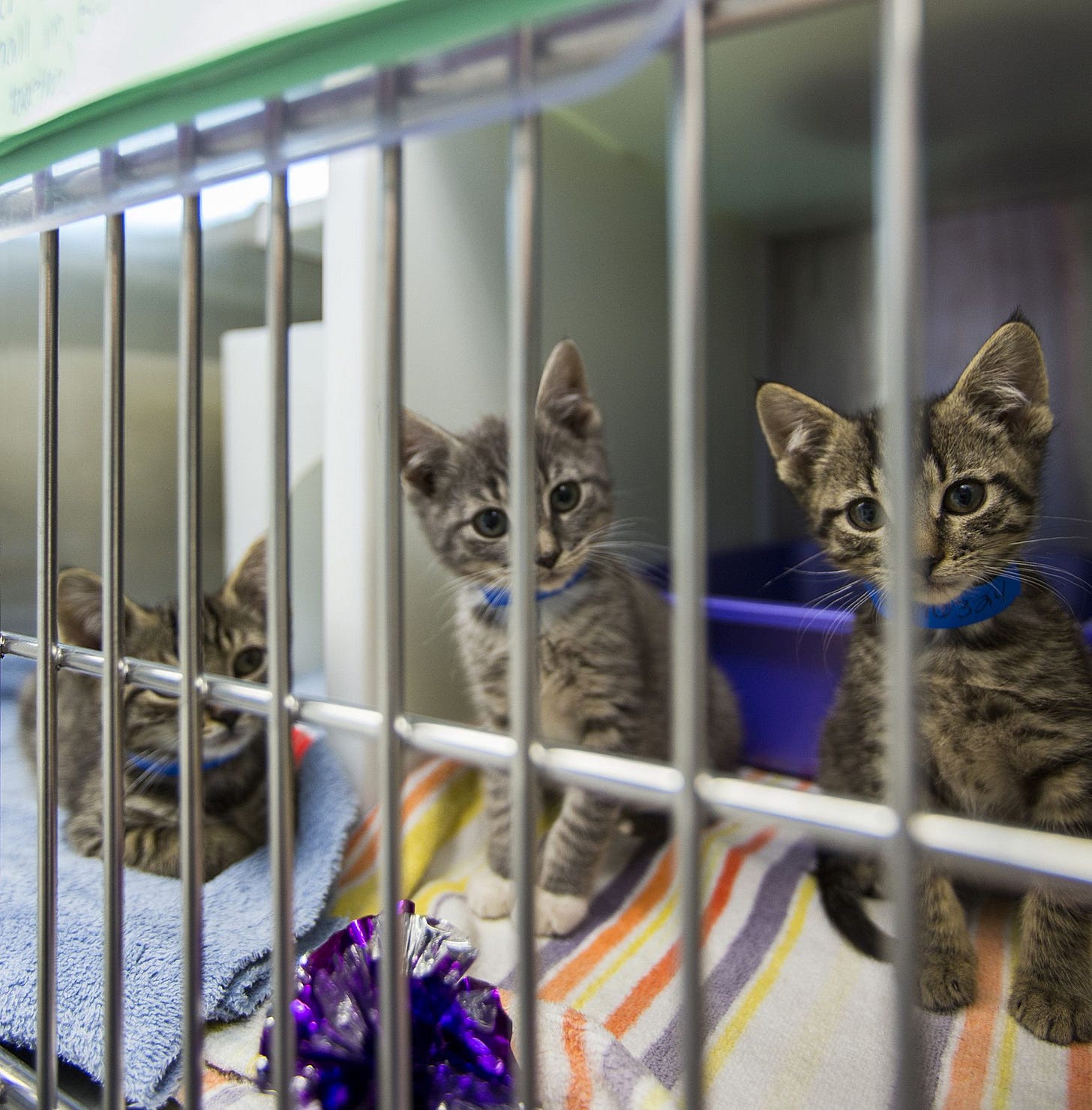
These are some of the stories making headlines in animal protection:
The first time many dogs in Lindon, UT, experience abuse is at the shelter that is supposed to protect them from it. Even though several rescue groups offered to take him, North Utah Valley Animal Shelter staff killed a dog. The shelter described Penguin as “very friendly” who “loves attention” and “loves to be pet!”
In addition to killing him despite having multiple places to go, the staff killed him in one of the most excruciating ways possible: by gassing him. There is no progressive sheltering agency of any scope or stature willing to embrace gas systems for the killing of animals. When the chamber is filled with gas, the animals inside gasp for breath, feel a searing pain in their lungs, and often claw at the chamber door or throw themselves against the sides in a desperate attempt to escape.
The pound director promised to end the use of the gas chamber in 2021 but has not honored that promise. Moreover, a bill to ban the gas chamber in Utah failed for the ninth straight year because of opposition from regressive pound directors and their allies.
Fifteen years ago this week, police raided the home of Michael Vick. What they uncovered was ghastly and would cast Vick as one of our generation’s most notorious animal abusers. But Vick and his allies are trying to recast him as the victim.
Connecticut is considering legislation to ban the continuous chaining of dogs. While our laws demand that an animal kept as a companion receive the basic requirements of sustenance and shelter, there are no laws to guarantee an animal receives love and attention. For the dog, the absence of human attention and affection is tragic. Bans on continuous chaining are one way to blunt social isolation.
Maryland became the second state (after New York) to ban the declawing of cats. Studies show that declawed cats are at significantly greater risk for back pain, not using the litter box, aggression (scratching/biting), and excessive grooming (barbering). They are at even greater risk for pain if bone fragments were left in due to “poor or inappropriate surgical techniques,” which occurred in a whopping 63% of the cases. A bill to ban declawing is now pending in California.
Maryland also established a spay/neuter fund for the next 10 years. The reauthorization will help pay spay/neuter costs for community cats, shelter animals before adoption, and pets of low-income households. An annual registration fee on pet food sellers funds the services. Delaware has a similar fund.
In a victory for animals and free speech, the U.S. Supreme Court declined to hear a case after a federal appellate court ruled that a Kansas law making it illegal to film animal abuse on factory farms violates the First Amendment. As such, the ruling stands.
If the Governor signs it, Illinois schools will have to offer students vegetarian and vegan meals under a proposed law that passed the Senate and Assembly.
Sodexo, one of the nation’s top food service providers, also announced that over 40% of its food on college campuses will be plant-based by 2025. Sodexo serves over one million meals per day in the U.S. A company spokesperson said the move is necessary to reach its goal of reducing carbon emissions: “70% of its carbon footprint in the 2020 fiscal year was linked to animal-based foods.”
The vegan pet food market is growing at 5.5% per year and will hit $16 billion by 2030. Driving demand is a rise in adoption (vs. buying), treating dogs as family members, health concerns about traditional pet food, and animal welfare concerns: people do not want to feed animals to their animals.
Likewise, the vegan cosmetic market is growing at almost 7% per year and will hit $25 billion in 2028. Driving demand are animal welfare concerns.
Out of the shadows and into the sun. Dogs identified as “pit bulls” are welcome again in Middleburg, OH.
Banning dogs based on how they look is immoral. It is also ineffective. That’s not just opinion; it’s science:
50% of dogs labeled as pit bulls lacked DNA breed signatures of breeds commonly classified as pit bulls;
Dogs targeted for breed discriminatory laws are not more likely to bite, do not bite harder, and such bans do not result in fewer dog bites or bite-related hospitalization rates;
Enforcement is expensive with no measurable impact on public safety; and,
Bans also negatively impact surrounding communities and rescue groups who have to take on the burden of such regressive and selfish policies to save the lives of these dogs.
“When a city has a breed-specific ban, good dogs die. It’s that simple.”
A No Kill nation is within our reach:
As more people turn to rescue and adoption and more shelters embrace progressive policies, the number of communities placing over 95% and as high as 99% of the animals is increasing:
Jefferson County, CO, reported a 95% placement rate for dogs, 94% for cats, and 92% for rabbits and other small animals.
Ottawa County, MI, reported a 95% placement rate for dogs and 92% for cats.
These communities and national data prove that animals are not dying in pounds because there are too many, too few homes, or people don’t want the animals. They are dying because people in those pounds are killing them. Replace those people, implement the No Kill Equation, and we can be a No Kill nation today.
Food for thought:











